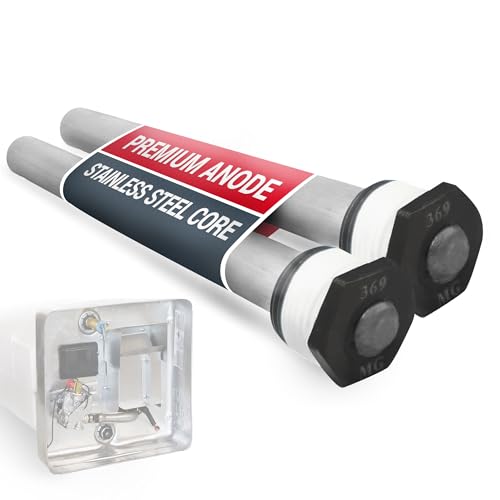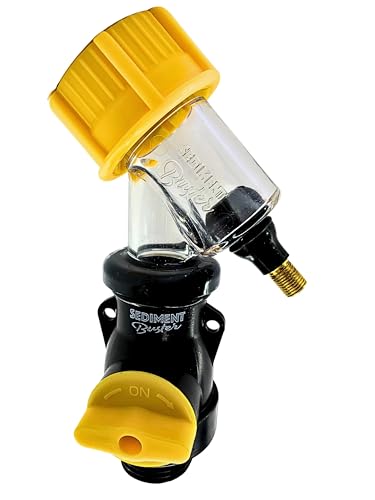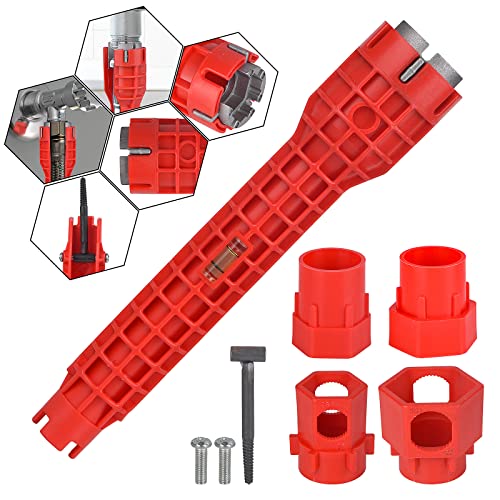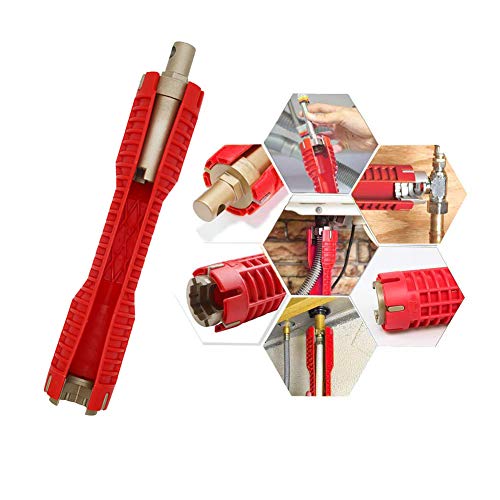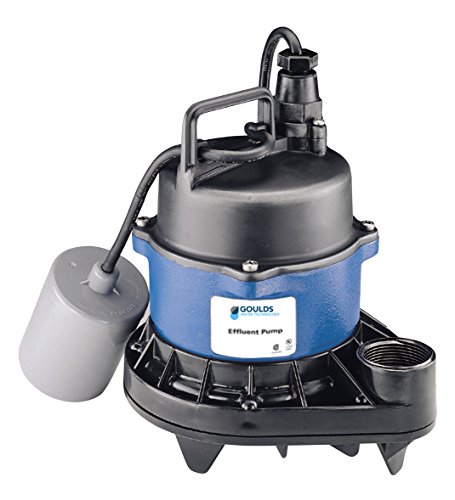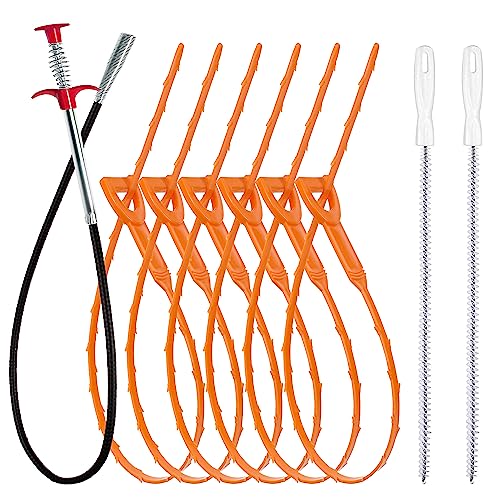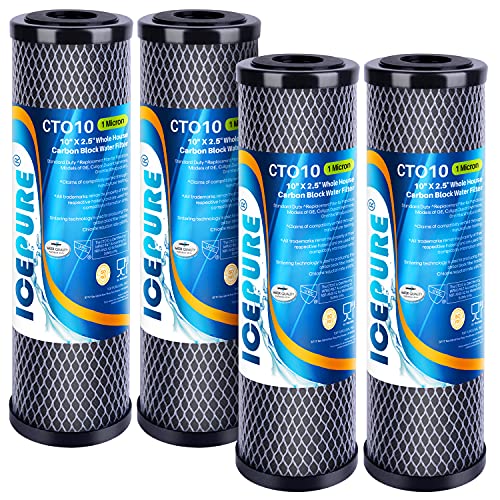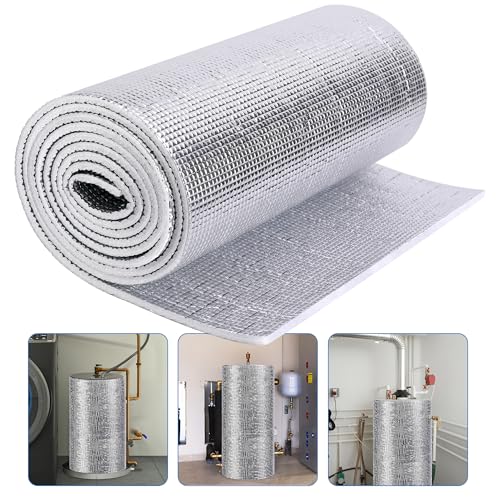SepticNoob
Member
- Joined
- Jun 8, 2018
- Messages
- 7
- Reaction score
- 0
I have noticed over the holiday that if multiple sources are using water at times the pressure would get low for a few minutes. Not knowing much about wells I didn’t think much of it since we had relatives staying over and we were consuming more water than normal. However now everyone has left and it seems there is very little pressure all the time. So far all I have looked at is the pressure gauge on the pressure tank and I can see that the pump kicks on at 40 psi and quickly shoots up to 60 psi and cuts off again. This has me thinking that it’s not a pump issue? But again I know nothing about this stuff. Could the pressure be normal and maybe something in my treatment system is clogged up? It’s an older water treatment tank and we were planning on replacing it anyways but now I’m concerned that we may have bigger problems. Any help is appreciated. I will post pics of my setup in a bit if that helps











